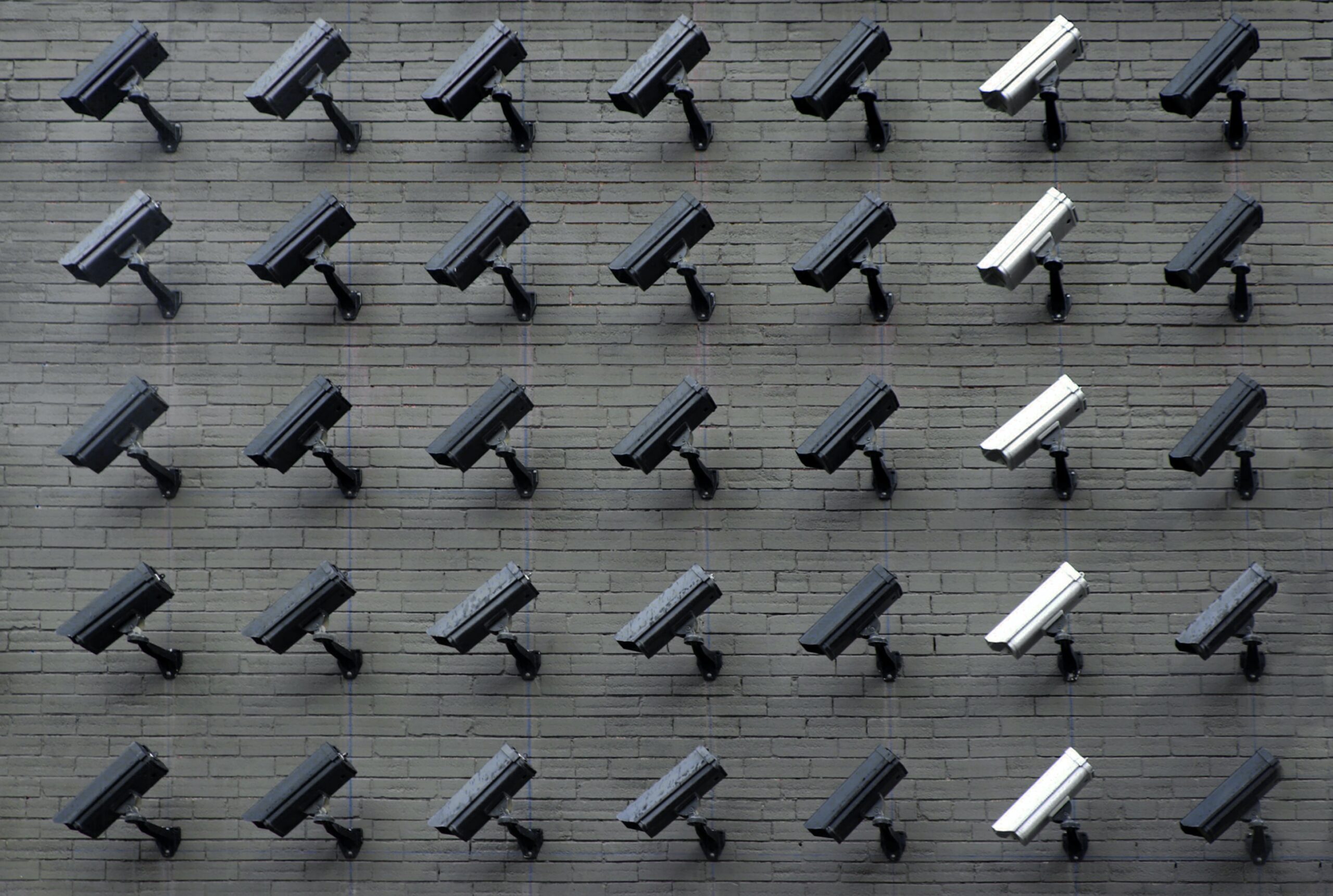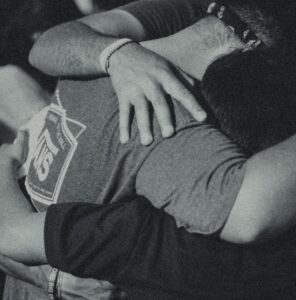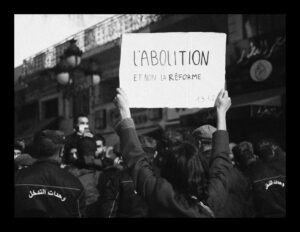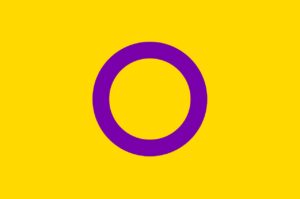3.5 Billion Tracking Devices Won’t Stop Covid19

“Those who would give up essential Liberty, to purchase a little temporary Safety, deserve neither Liberty nor Safety.”
Benjamin Franklin
The famous words from Benjamin Franklin rings true, especially now that the world faces global panic as a result of a global pandemic. A pandemic that has prompted an unprecedented willingness in the general population to comply with demands from authorities infringing on our fundamental liberties.
We have seen this behavior in the past. In the global fight against terrorism, we saw an unprecedented use of surveillance technologies, as was made blatantly visible for the world to see through the leaks of among others Edward Snowden. Through the decades of the war on terror, we also saw rapid development both in terms of the personal tech people carry with them every day, and the exploitation of this tech, both by democratic authorities, authoritarian regimes and by rogue actors. From all these actors we have seen significant infringements on the personal liberties and privacy of private citizens in the name of security, quite frequently stepping across the barrier from intelligence gathering to political repression.
Over the past few weeks, we have seen what looks like an international arms-race amongst governments and private actors using both open-source intelligence, tracking of social media activity, phone data, GPS locations et cetera to track the movements of the civilian population in a multitude of countries. We have seen two of the largest tech-giants on the mobile phone market, Google and Apple join forces to develop tools to make tracking the movements of the users of phones running their operating systems iOS and Android even easier.
While these efforts are wrapped in press statements claiming good intentions of defending the population against the spread of the covid19 pandemic it has severe consequences for the 3.5 billion smartphone users in the world, as well as every other citizen.
I, like most other people, want to limit the spread of covid19 – I highly encourage you to stay at a responsible social distance, to limit in-person interactions, and to keep high standards of hygiene. This can in my view, however, be done without authoritarian measures, mass surveillance, enforceable curfews, etc. While the virus is scary so is authoritarianism, and it’s a slippery slope from surveillance of movement to political repression.
While you may live in a liberal, democratic country that is certainly not true for everyone, yet the technology is global and precedent set by governments in liberal countries works as excuses for repressive governments elsewhere.
From a human-rights/democratic/liberal perspective tracking movements is risky as it makes it possible for authorities to see who has met for various time-periods. In several places, a simple meeting between two people is enough to get you arrested and tortured, if not killed. It thus also makes it possible to track and silence political opposition, and makes it impossible to build movements and political momentum.
Prior to the global lockdown, we saw a global rise and an unprecedented number of protests against authorities across several countries on all continents. We saw the potential for real political change for the benefit and freedom of people in a multitude of locations. I sincerely hope it soon again will become safe to take to the streets in protest against oppression, and at that point, I hope we can do so without the fear of tools being developed in response to the virus being used as tools of repression.
The problem with technology is, however, that it usually follows the rules of the myth of Pandora’s box. Once the monster is unleashed it is impossible to trap it back in the box. Once the technology is built, and spread amongst millions of devices across the world it will be impossible to put the leashes back on it and ensure that it isn’t used for other nefarious purposes.
It is also worth noting that this technology has been built over mere weeks, often by rushed sub-contractors and without the time to conduct proper testing. Technology is inherently flawed and eventually broken by black-hat hackers under the best of circumstances, technologists are thus usually incredibly hesitant to be reliant solely on digital technology both when it comes to the protection of privacy, and when it comes to things like critical infrastructure.
In many cases an increased ability to track the whereabouts of an individuals phone can pose a personal and significant security risk to individuals, whether they are trying to keep stalkers at bay, under threats from extremist groups, in witness protection, or trying to rebuild a life after having left abusive relationships and homes. The individual themselves might not even have to install the apps if known associates of them carry apps designed to monitor the devices they are in proximity to. As we learn over, and over again metadata is often enough to make up significant pieces of larger pictures that may put people at significant risk
The problems of the tracking apps that now are being developed and spread around the globe are however not only that they pose a threat to democracy or to personal privacy and security. A significant problem is also that they build on a false premise. The Norwegian authorities stated this pretty explicitly as they released their app earlier this month with the promise to loosen up on restrictions on movement if enough people installed the app.
The truth is that an app cannot sufficiently defend you against a virus. The premise behind the theory that it can is inherently flawed.
First of all, a pre-requisite for the apps to function is a complete registry of all carriers of the virus. As a lot of carriers don’t show symptoms, and some never will, the risk of the virus continuing its spread even if people have the app is significant. Even with high numbers of tests, we will not be able to keep complete track of every carrier. The civil rights issues of such registries are probably grounds for a whole article in themselves.
Secondly, the app only alerts you after the fact. It cannot predict who you will meet and thus only lets you know after you might already have been infected. In most cases, it seems the app also only alerts you if you spend significant time with a carrier.
Thirdly, the significant technical flaws; while the GPS in your phone is pretty accurate, and can be combined with other technologies including phone-tower tracking, Bluetooth proximity etc. early analysis of data from the Norwegian app shows that it recorded significant movement even when the phone was at a stationary position, this might among others be a result of the phone being indoors where GPS doesn’t work that well. Regardless, this is not a fail proof technology, and may thus fail to alert you if you’ve been in contact with carriers.
The fourth issue is people like me. I would never actively download an app that would allow the authorities to track me. I also traded in my smartphone for a brick-phone as soon as I caught wind of the development of these apps, and must admit life without a smartphone is pretty great. Anyways, without enough people compliantly following orders to both install these apps, and carry their smartphones with them everywhere they go the apps become meaningless. The question here is however at what point the tracking goes from being voluntary to being mandatory, both through social pressure where you might be viewed as a traitor to the common cause of fighting the virus, or through enforcement from authorities who wish to keep track of the movement of their governments.
Regardless of this, I can assure you, an app will not keep you safe from the virus. For many authoritarians, however, 3.5 billion tracking devices sounds like a brilliant idea as they seek to further repress political opposition.


